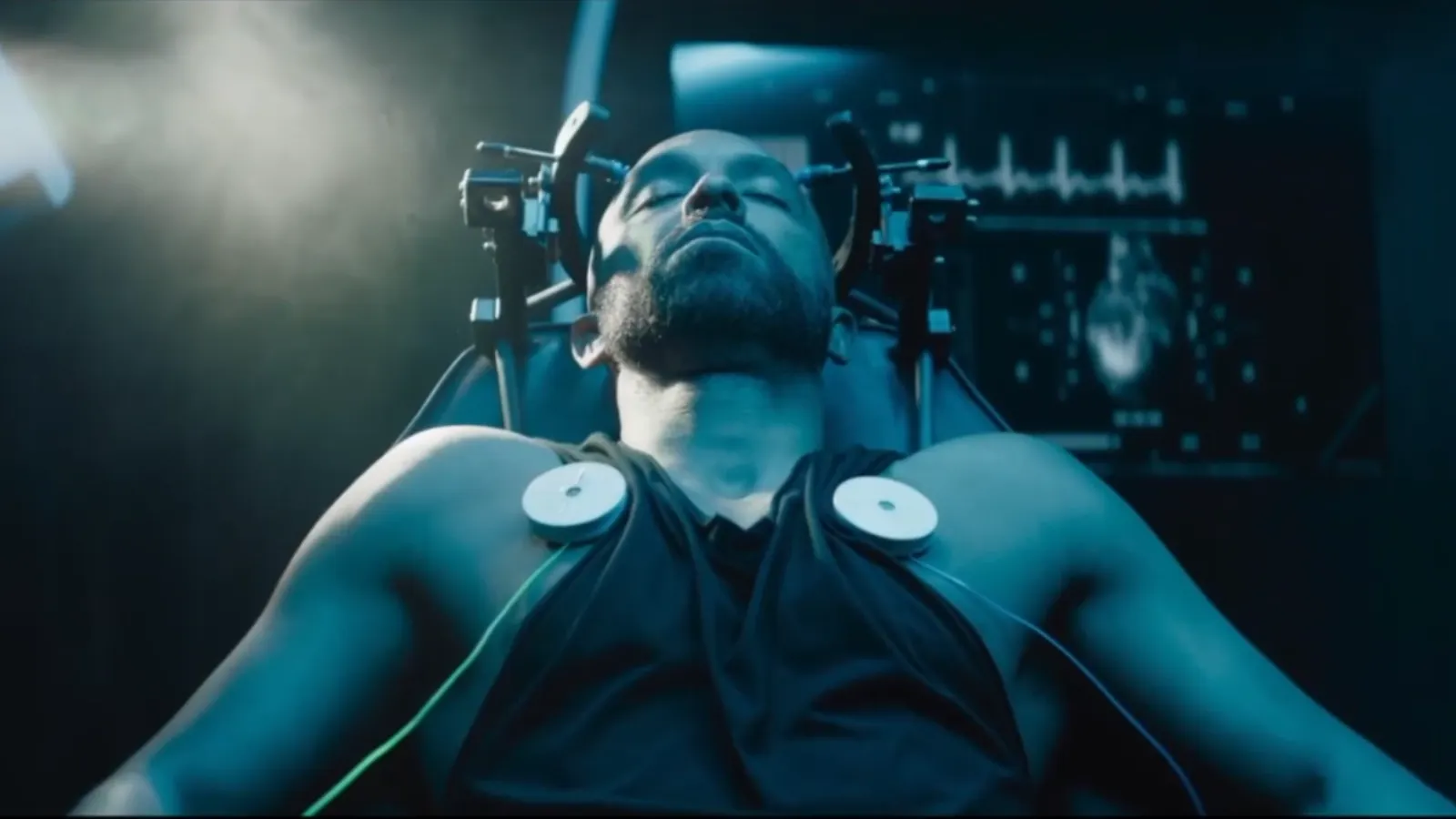Not even a thunderstorm could dampen the excitement around the Web3 dystopian series RZR. On a rainy Thursday night, an intimate group of fans gathered for a private screening of David Bianchi’s new thriller, hosted at the Los Angeles office of Metaverse game developer The Sandbox,
The 8-episode series from Bianchi's Exertion3 Films and Gala Film will begin streaming in April on the Gala streaming platform.
RZR revolves around the main character, Grimm. A hacker haunted by his past as a soldier fighting in a nuclear war, Grimm is determined to not only survive in a dark future version of Los Angeles but also use bleeding-edge neurotechnology and biohacking to link his brain directly to the internet.
I grew up on books like Neuromancer by William Gibson, Snowcrash by Neal Stephenson, and role-playing games like Shadowrun and Cyberpunk, so seeing RZR come to life was exciting. It reminded me of the dystopian shows on the SyFy channel.
Bianchi said Elon Musk’s Neuralink inspired him, and RZR deals heavily with emergent technologies like NFTs, blockchain, cryptocurrency, AI, and neurotechnology.
“It's been full circle. [Decrypt] was at the table read last year and watched us from the early NFT collections going all the way back to October 2022,” he told Decrypt at the screening. “Now, here we are in March of 2024, and we're launching episode one on Gala Film on April 14, 2024.”
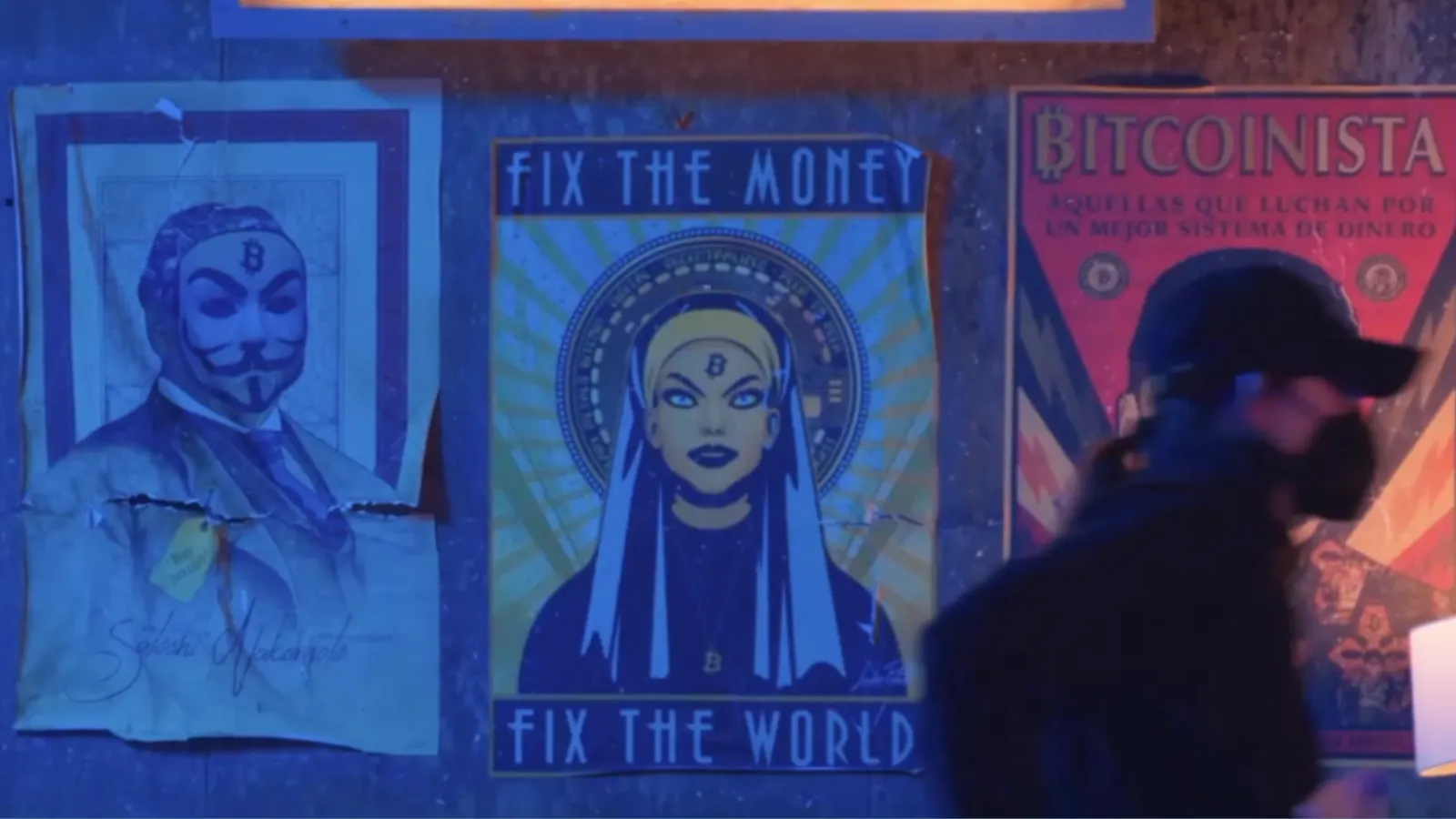
As the crowd mingled, RZR creator and star David Bianchi moved about the room, meeting guests, shaking hands, and giving hugs. To everyone’s surprise, Bianchi announced not one but two episodes of the series would be played that night. Streaming without commercials, each episode ran about 15 minutes long.
Gala Film is thrilled to announce the Global Premiere of RZR on Sunday, April 14. The first episode of the groundbreaking series will be available to watch for FREE only at Gala Film. 🎬
So mark your calendar and join the revolution. https://t.co/9RftltWJQP#rzrseries pic.twitter.com/3m8JxEhkzL
— Gala Film (@GoGalaFilms) March 2, 2024
The screening began with a behind-the-scenes video that detailed the series' creation, journey from script to screen, and premiere episode. Silence then filled the room as the cyberpunk world of RZR came to life on screen. The audience erupted in applause after each episode ran.
While I found RZR very well done and entertaining, if I had one complaint, it would be that the episodes were not longer, and I look forward to an edited feature-length 120-minute movie version.
Our take
RZR kicks off with a bang, with a scene of Bianchi's Grimm attempting to drill a hole in their head; I'll spare you the gory details. The show then jumps six months later and Grimm has survived the experiment.
RZR does a fantastic job of conveying a world filled with technological innovations with minimal special effects. For example, Bianchi told the audience that the drill he used in the opening scene was real, not CG.
In another scene, we see the Los Angeles skyline filled with drones delivering packages. These drones are not futurist Cyberpunk 2077-type drones but practical drones you may see dropping off your Amazon packages today. The Los Angeles of RZR feels lived in, with all the characters fitting naturally into the scenes. Filmed on location in Los Angeles, the show leaves the city decidedly modern, giving the show a taking place the day after tomorrow vibe.
A true crypto native, Grimm even has a Bitcoin tracker on display. Bitcoiners will be happy to know in the world of RZR, Bitcoin is over $115,000.
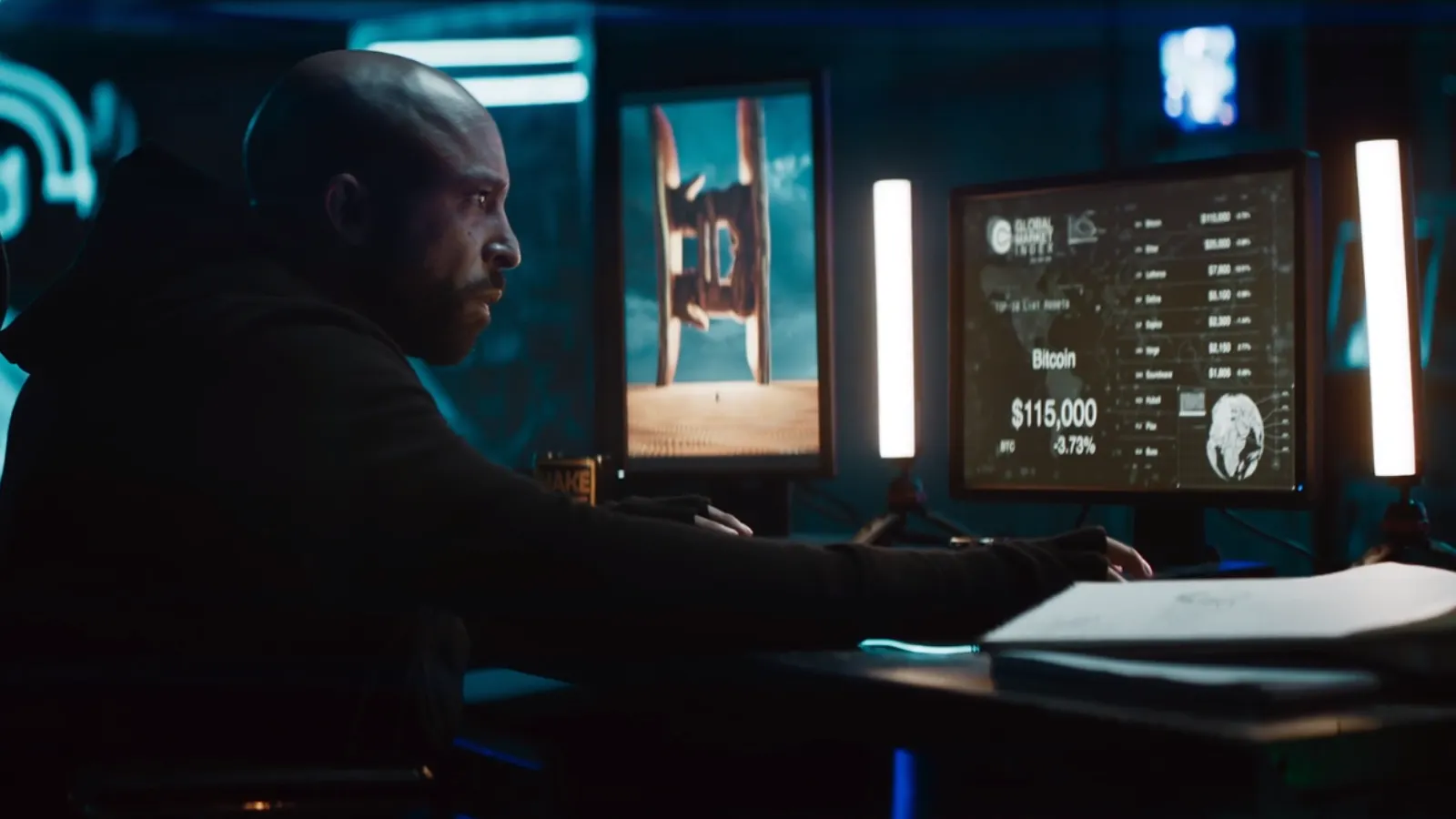
The world of cryptocurrency is definitely a part of RZR, with Bitcoin-themed posters, NFTs galleries, and images of Satoshi Nakamoto popping up in different scenes. In the Q&A after the screening, Bianchi noted that all of the digital and physical art for the show was created by real Web3 artists.
Bianchi appears in almost every scene and is particularly compelling when Grimm is having a drug-filled episode, like at the beginning of episode 2. No spoilers, but you see a lot of Bianchi, like a lot.
Bianchi compared RZR to a cross between Black Mirror and Mr. Robot. The show's look is reminiscent of classic sci-fi shows like Level 9, Painkiller Jane, Sanctuary, Deadly Class, and Jessica Alba's Dark Angel.
While the virtual reality environments are stylized, you get the feeling this is what Meta and others are trying to do.
RZR's world is what one would hope a Web3 conference would be like in real life. We'll have to settle for Hollywood's version for now.
Hollywood meets Web3
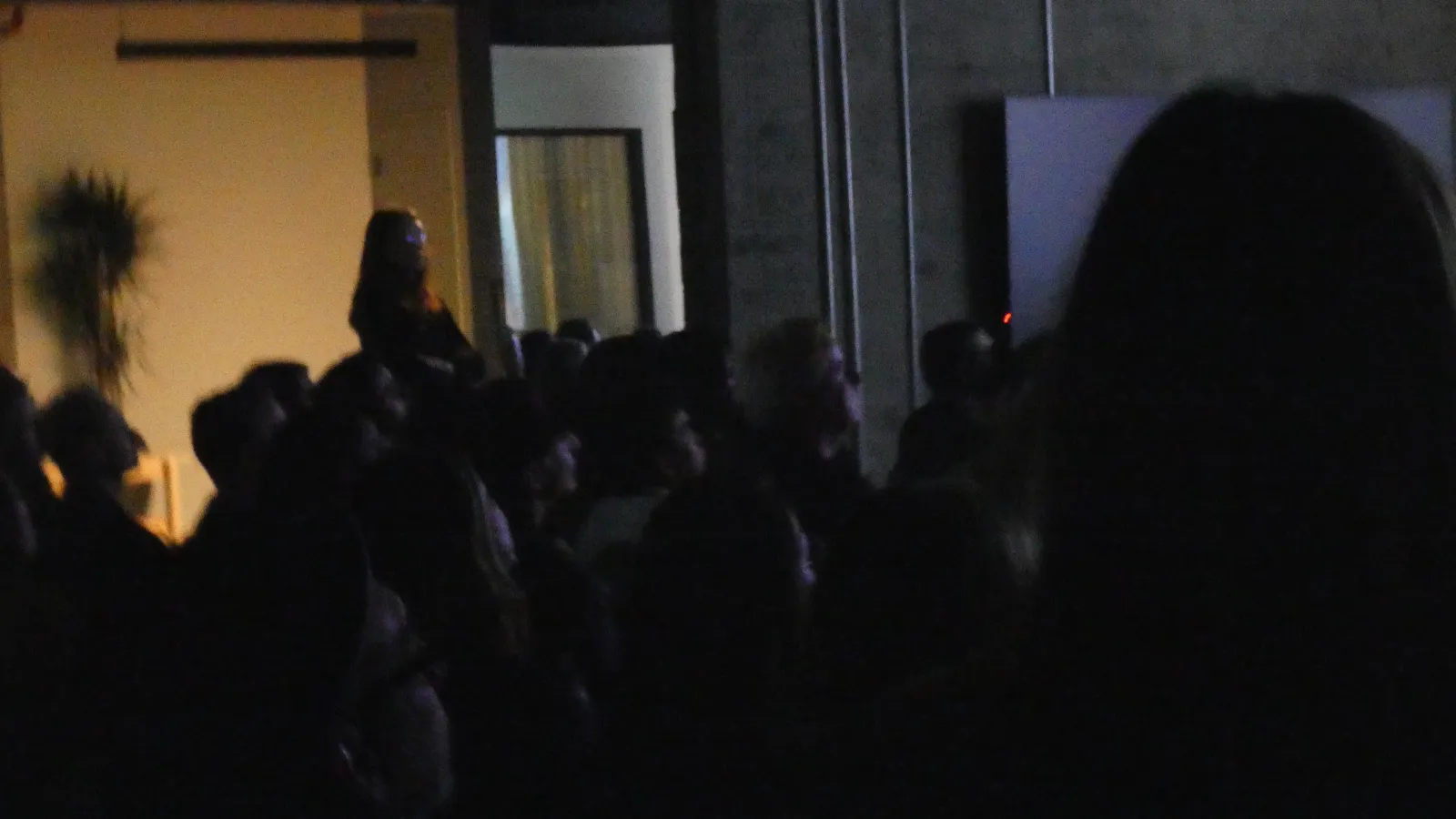
“This is the first title to come out of Gala film; it's unprecedented,” he said. “We have a Web3 company that is partnering exclusively with Hollywood to create triple-A level cinematic content that is going to basically function on the entire node ecosystem on Gala films, layer one.”
A Web3 entertainment juggernaut, Gala includes Gala Games, Gala Film, and Gala Music on the Ethereum Blockchain using its native GALA token.
“Now what's exciting about what Gala is doing is they're creating a watch and earn model,” Bianchi said. “So for the first time in global cinematic history, the audience will be able to collect digital collectibles, and based on the velocity on the network will have higher rewards potential based on what they hold.”
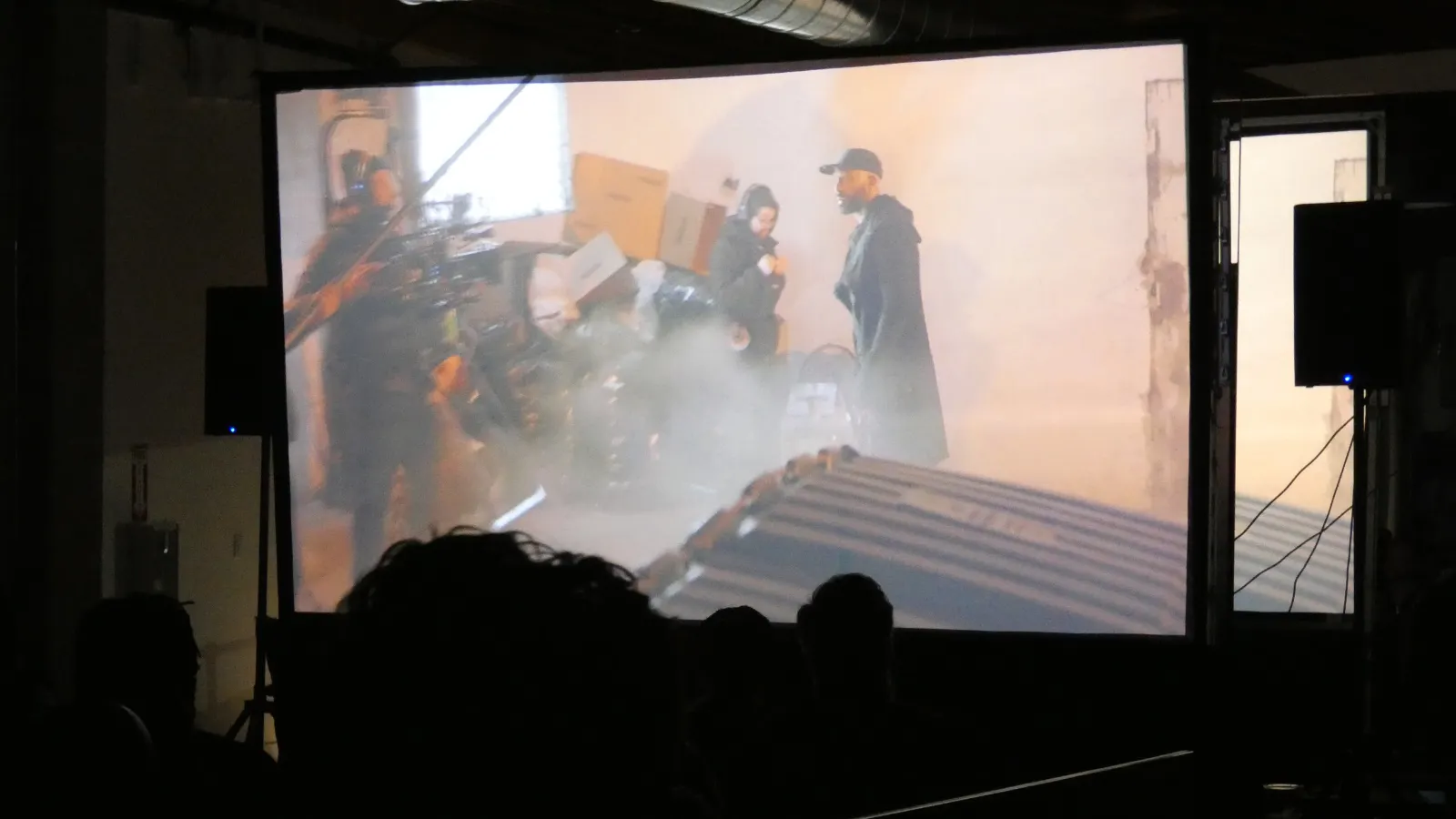
Gala says fans can own a digital scene divided into shards that are displayed on their profile. Collecting all shards increases rewards, encouraging support and promotion of the related show, emphasizing the scene's origin and blockchain's decentralization.
“I'm convinced that just like JavaScript is the back of the house on ticket mechanisms, blockchain technology is going to be the back of the house on all information and intellectual property systems.”
Along with RZR, Gala Film is introducing Mystery Boxes as a way for fans to engage with the RZR universe. Each box, Bianchi said, unlocks exclusive content, providing a unique, interactive experience.
Diversity in Hollywood
Actors joining Bianchi in RZR include American Beauty’s Mena Suvari, Barry’s Christopher Marquette, voice actress Mimi Davila, film and Los Angeles icon Danny Trejo, and Emilio Rivera and Richard Cabral from Sons of Anarchy and Mayans M.C.
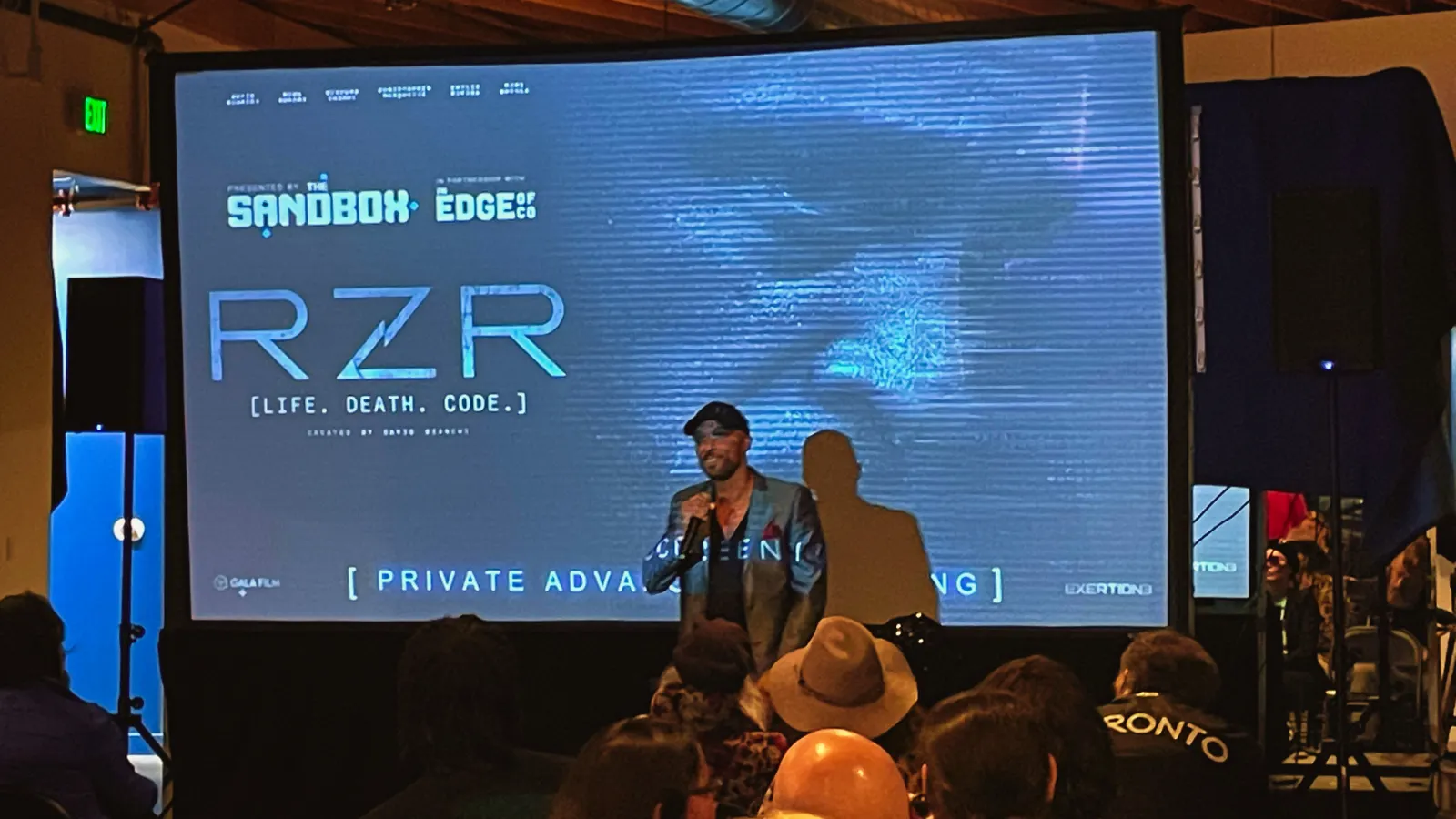
“I created a diverse cast,” Bianchi said. “I have 58 speaking roles, and only six of them are Caucasian because the world that I created looks like a lighter shade of brown.
“That, to me, is very important because I get to be a good ancestor today,” he continued. “I get to lead by example, because I remember Mario van Peebles, I remember Melvin van Peebles, I remember all these great folks that showed me it was possible, and I want to show everybody else that it's possible.”
Bianchi also highlighted his production partner Noelle Hubbell—who produced 45 episodes of Marvel’s Agents of SHIELD—his co-writer and director Daniel J. Pico, series Emmy winning director Yuri Alves, and series director Christopher Folkens.
“When you incorporate all those communities, you can make something really stellar for a low dollar, but also something spectacular and interesting,” Bianchi said.
During a Q&A session after the screening, Bianchi also revealed that a campaign to have RZR considered for a 2024 Primetime Emmy for Best Short Form Drama had begun.
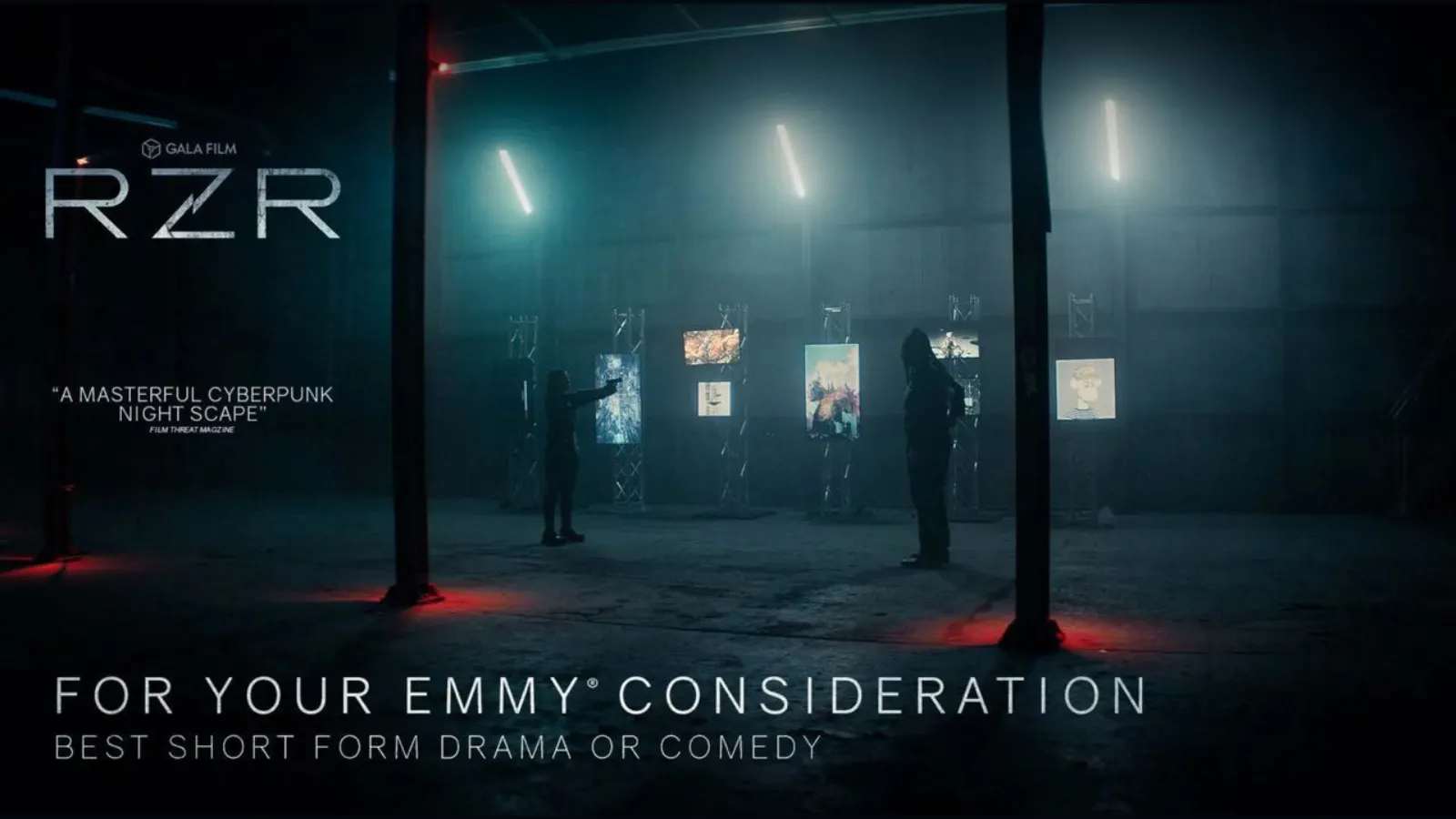
Artificial intelligence
RZR deals with a wide range of themes, including hacker culture, the black market, drug use, PTSD, violence, and crime. Enmeshed in this dystopian soup is artificial intelligence. Last year, the threat of generative AI in Hollywood contributed to a months-long strike by SAG-AFTRA and the WGA.
“Artificial intelligence and synthetic likenesses are here, and they're here to stay,” Bianchi said. “The people that are predominantly A-listers will benefit from that because they'll be able to license their synthetic personalities.”
While Bianchi said he is bullish on artificial intelligence and used the technology for RZR, he emphasized the importance of controlling and protecting synthetic likenesses, pointing to the rise of AI-generated deepfakes and impersonators.
“So the disruption is going to be big, and it's going to be up to us who are on the cutting edge of technology to figure out how to incorporate those workflows into our ecosystem so that we don't lose the race,” he said. “My competition is creative as hell, and they're 18 years old.”
Edited by Ryan Ozawa.

